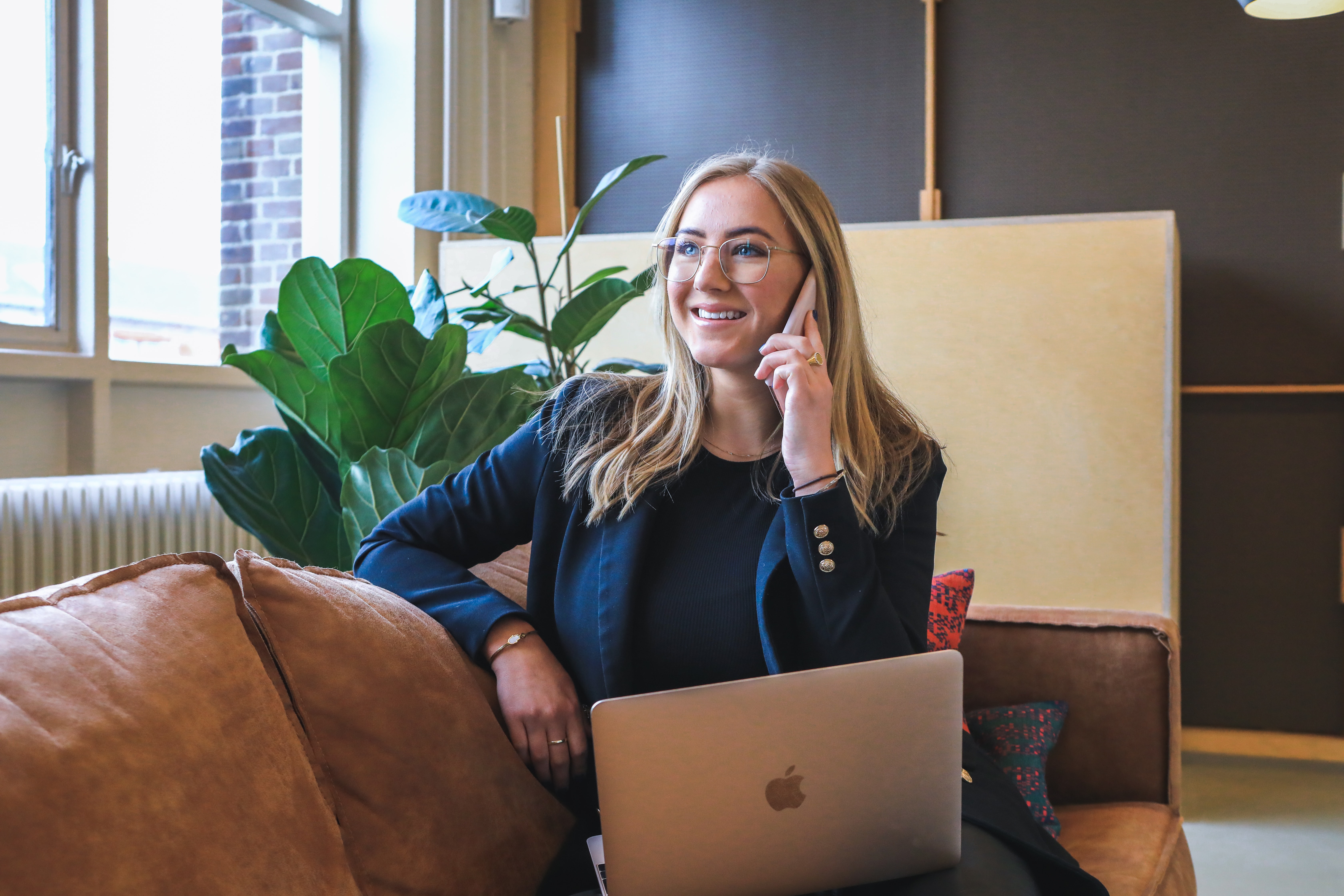When you find yourself thinking, I can’t concentrate on this project right now, could it be that you’re delaying because the commitment is hard going? Or is that you’re afraid of letting your tutor, your boss or yourself down?
Identifying that there is a relationship between indecisiveness and putting things off can help you. Once you’re aware of that connection and the emotional energy put into it, you can start to problem-solve on a rational level. It means you can learn to handle work, projects and other things realistically.
How To Differentiate Delaying
One tip is to ask yourself in which way you’re delaying. There are two ways. One is productive scheduling, and the other is procrastination.
For example, if you put something off because you think it’s a good idea to wait, then this would be productive scheduling. So let’s say the thing you decide to schedule or prioritise is a document that needs editing. The problem is that you need a clear head for working on it. In this situation, you tell yourself that it can wait until tomorrow. The thing you delayed, therefore, would be for a good reason. In the meantime, you would find yourself continuing to be productive. For instance, by organising your desk and preparing for tomorrow’s editing, it shows you’re actively productive. So the next day, the scheduled activity would get done because the motivation is there.
But now let’s say you’re losing concentration on the piece of work that needs editing. Your mind is clear, and you know you can do the job. You’re aware that the paper needs to be completed and handed in by tomorrow, but your mind wanders, and you decide to give it a break. Within minutes of making that decision, you start to play your video games, stare aimlessly into space and google useless information and lose track of time. This behaviour is procrastinating or delaying. You lost your motivation to continue. Procrastination is putting something off regardless of knowing you’ll be worse off for it. It might be that you initially felt the impulsive thrill of getting something done yet lost incentive at the last minute.
Several Things Can Cause Procrastination
As we’ve seen, a lack of commitment and motivation can lead to procrastination. Obsessive fear of failure, boredom, depression or anxiety can exacerbate the problem.
The point is to ask yourself, why am I burying my opportunities? Why do I have a fear of failure? Why am I bored? What’s making me depressed or anxious? Next, make a decision based on the outcome. For instance, if you have a fear of failing your exams or making a hash of the project you’re working on at work, but want to be successful, what’s holding you back? How can you change it? Could it be that you’re trying to meet perceived standards that are beyond reachable? Could you learn to trust in your own worthwhile reachable goals?
Achieving A favourable Outcome Needs A Productive Approach
If you choose the productive approach, then the solution is to get into the habit of productive scheduling, noted in the earlier example. As illustrated, you might tidy your desk in preparation for working on your paper the next day. Or you might decide to go for a walk to clear your head or take a short nap to help with consolidating previously learned material before studying for an exam.
How Getting Into The Habit Of Productive Scheduling Can Help With Indecision
First, identify that when you delay duties through indecision, you are postponing doing what you need to get done. Next, distinguish what needs doing then write a hierarchy of tasks. According to the Standford University Philosopher, John Perry, the concept works by listing at the top of your hierarchy the things you would like to have done and then juggling the ladder. For example, the items at the top would not be as pressing as the ones placed in the middle. So if you have five things, you would complete the two in the middle before doing the rest.
In other words, you might do a playoff where you do task one first (after doing the two in the middle), which is more favourable than task four. Either way, you always save job five till last because this one is your most favourite. For each completed assignment, you can reward yourself ten minutes’ free time, and twenty minutes for saving task five till last. You can then spend your sixty minutes of bonus time doing something you enjoy. See how the advantage can be on your side when you follow through with this method!
Trust In Your Natural Ability To Make Choices
Productive scheduling can help build trust in your natural ability to make sound choices. Once you act on your decision, you will know you’re on the right track because you’ll start to see a productive outcome unfolding. You’ll gain the confidence to lose those safety behaviours that go over what-if scenarios concerning perfectionism and repeatedly seeking reassurance that your work is up to scratch.
On a rational level, a productive outcome is your goal, and this includes learning to live with the uncertainties about your abilities despite other people’s standards. Telling yourself that it’s OK if something doesn’t go as well as you’d like is humanly fair. You can then build the resilience to handle knockbacks. The point is that uncertainty is better than living with doubts and what-if scenarios about failure when your opportunities are facing you, and you are practising effective scheduling.



